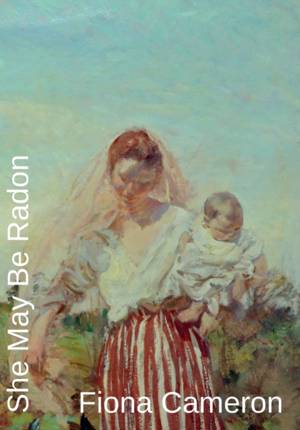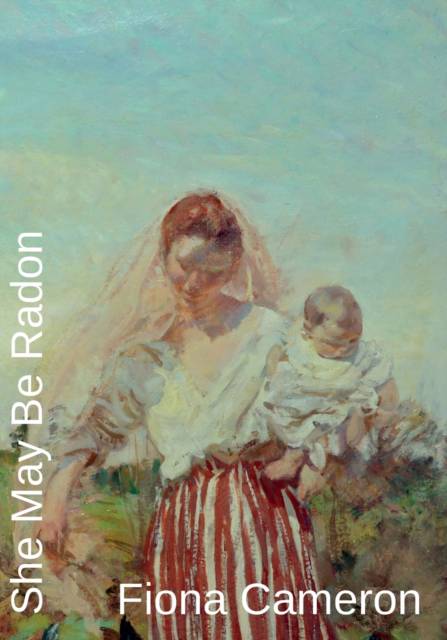
- Afhalen na 1 uur in een winkel met voorraad
- Gratis thuislevering in België vanaf € 30
- Ruim aanbod met 7 miljoen producten
- Afhalen na 1 uur in een winkel met voorraad
- Gratis thuislevering in België vanaf € 30
- Ruim aanbod met 7 miljoen producten
Omschrijving
The linguistic pleasures of this collection almost but never quite disguise the seriousness of its feminist and environmental messages; the importance of protecting space - intellectual, psychical/emotional and ecological - 'the space where you will grow'. This is a poetry about responsible stewardship of living things: growing and feeding and working for 'a home that is working', whilst maintaining the essentials of experiment and play. In other words, 'uphold[ing] a sense of order in / wildness of openness'.
At its centre is the alarming realization that humans are in the process of upending the course of nature and thus our own futures. She who may be Radon sees this and how it will affect everything, from the humdrum domestic to sea levels and species extinction. The poetry's axes, then, are not just spatial, they are temporal too. They navigate other histories of motherhood, dwelling and 'untended memory', as well as project forward to a time when 'our way of life will come to an end'.
She May Be Radon is a mine, as well as an 'open field', of ideas worth preserving and incantations against dead ones. 'Oh layers!' We would do well to heed its importance.
- Emily Critchley
Fiona Cameron's poetry is keenly attuned to the multiple voices, dreams and hauntings that bubble up to give meaning to shared spaces, whether those of domestic existence, the informational buzz of the media, or the weathers and textures of a constantly changing planet. The airy spaces of the poems on the page create room for generosity, humour and a collective hope that persists despite the fragility of language and its shimmering connections.
- Zöe Skoulding
Specificaties
Betrokkenen
- Auteur(s):
- Uitgeverij:
Inhoud
- Aantal bladzijden:
- 72
- Taal:
- Engels
Eigenschappen
- Productcode (EAN):
- 9781912211685
- Verschijningsdatum:
- 10/05/2021
- Uitvoering:
- Paperback
- Formaat:
- Trade paperback (VS)
- Afmetingen:
- 178 mm x 254 mm
- Gewicht:
- 140 g

Alleen bij Standaard Boekhandel
Beoordelingen
We publiceren alleen reviews die voldoen aan de voorwaarden voor reviews. Bekijk onze voorwaarden voor reviews.











